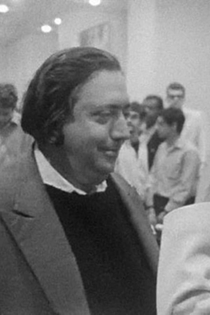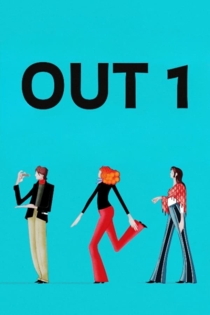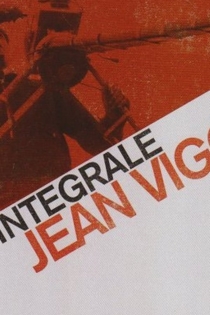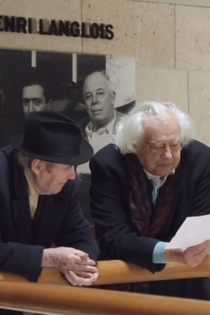
Bernard Eisenschitz
2021À voir absolument: 1963-1973 Dix années aux Cahiers du Cinéma
Jean Narboni, Jean-Louis Comolli
Jean Narboni, Jean-Louis Comolli
Jean-Louis Comolli and Jean Narboni, former editors at Cahiers du Cinema, interview their former colleagues and fellow travellers during the "Red Years" of the journal between 1968 and1973.
À voir absolument: 1963-1973 Dix années aux Cahiers du Cinéma

Wings of Desire
Wim Wenders
Bruno Ganz, Solveig Dommartin
Two angels, Damiel and Cassiel, glide through the streets of Berlin, observing the bustling population, providing invisible rays of hope to the distressed but never interacting with them. When Damiel falls in love with lonely trapeze artist Marion, the angel longs to experience life in the physical world, and finds -- with some words of wisdom from actor Peter Falk -- that it might be possible for him to take human form.
Wings of Desire
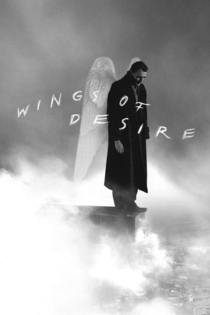
The Mother and the Whore
Jean Eustache
Bernadette Lafont, Jean-Pierre Léaud
Aimless young Alexandre juggles his relationships with his girlfriend, Marie, and a casual lover named Veronika. Marie becomes increasingly jealous of Alexandre's fling with Veronika and as the trio continues their unsustainable affair, the emotional stakes get higher, leading to conflict and unhappiness.
The Mother and the Whore
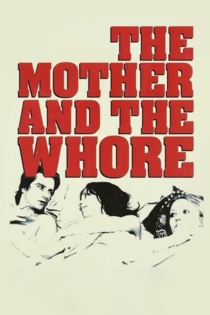
Chaplin Today: Monsieur Verdoux
Bernard Eisenschitz
Claude Chabrol, Norman Lloyd
A short documentary in the Chaplin Today series about Chaplin's "Monsieur Verdoux." Includes an interview with Claude Chabrol, whose 1963 film "Landru" concerns the same serial killer that inspired Chaplin's film.
Chaplin Today: 'Monsieur Verdoux'
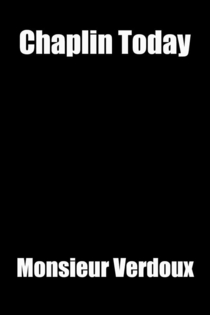
JLG/JLG, autoportrait de décembre
Jean-Luc Godard
Jean-Luc Godard, Geneviève Pasquier
Director Jean-Luc Godard reflects in this movie about his place in film history, the interaction of film industry and film as art, as well as the act of creating art.
JLG/JLG: Self-Portrait in December
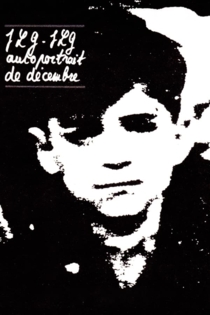
Favourites of the Moon
Otar Iosseliani
Katja Rupé, Alix de Montaigu
The story revolves around two objects, a rare set of 18th-century Limoges china, and a 19th century aristocratic portrait. As these items are passed, sold, or stolen from one character to another, a giddy round dance of excess begins to take shape, one which suggests that if history doesn't repeat itself, it certainly rhymes. Together with co-writer Gérard Brach, whose other co-writing credits include Repulsion and Tess, Otar Iosseliani uses a feather-light touch to expose the futility of class and social order, making a bagatelle of the concerns of rich and poor alike.
Favourites of the Moon
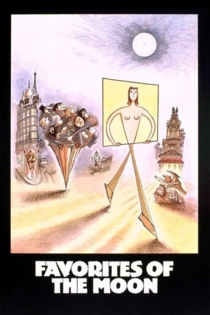
L'idiot
Pierre Léon
Jeanne Balibar, Laurent Lacotte
Nastassia Philippovna finds herself juggling the affections of four men over the course of a single evening. One is her benefactor, the bourgeois Totsky. Another is the opportunistic Ganya, whom Totsky has promised 75,000 rubles if he will marry Nastassia. Rogozhin offers Nastassia 100,000 rubles for her hand. And the “idiot,” Prince Myshkin, loves Nastassia madly and vows to “save” her.
The Idiot
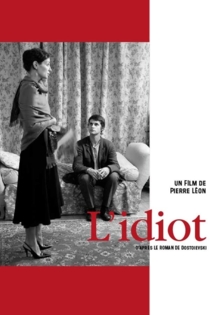
Ein Leben für den Film - Lotte Eisner
Timon Koulmasis
Lotte Eisner, Werner Herzog
Born in Berlin in 1896, Lotte Eisner became famous for her passionate involvement in the world of both German and French cinema. In 1936, together with Henri Langlois, she founded the Cinémathèque Française with the goal of saving from destruction films, costumes, sets, posters, and other treasures of the 7th Art. A Jew exiled in Paris, she became a pillar of the capital's cultural scene, where she promoted German cinema.
A Life for Movies - Lotte Eisner
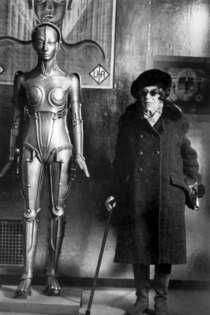
Berlin-Yerushalaim
Amos Gitai
Lisa Kreuzer, Rivka Neuman
Two interconnected stories in the 1930s, one set in Berlin, the other in Palestine: Mania Vilbouchevich Shohat (1880-1961), called Tania, a Russian Jew and revolutionary, goes from Minsk to Palestine to live on a collective. She promotes feminism and laments a shift in the men from self-defense to aggression. Her friend, Else Lasker-Schuler (1869 - 1945), expressionist poet and German Jew, is in Berlin, writing, caring for her son, watching Hitler's movement take power. She goes to Jerusalem and imagines a park for Arab and Jew. Her poems, voiced from within, capture her experience. The film meditates on the violence at the root of Israel's birth: of the Nazis and of the Zionists.
Berlin-Jerusalem

Les enfants jouent à la Russie
Jean-Luc Godard
László Szabó, Jean-Luc Godard
A famous French filmmaker is hired by a major Hollywood producer to make a documentary on the state of post-Cold War Russia. The filmmaker, though, subverts the project by stubbornly remaining in France and casting himself as the title character of Dostoyevsky's "The Idiot," offering up a series of typically Godardian musings on art, politics, the nature of images and the future of cinema.
The Children Play Russian
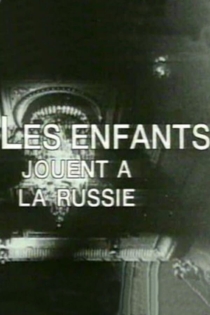
Lubitsch Touch
Nicolas Ripoche
Bernard Eisenschitz
An interview with film Critic Bernard Eisenschitz discussing the progression of Ernst Lubitsch's career, from the director's beginning in German silents through CLUNY BROWN, the last film he saw to completion.
The Lubitsch Touch
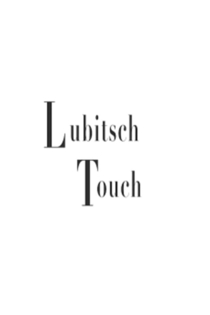
Retour d'Henri Langlois à Paris
Bernard Eisenschitz
Henri Langlois
Wednesday July 31, 1968, almost six months after the start of the "Langlois affair" which saw the government attempt to oust the founder of the Cinémathèque française, triggering massive support from the biggest names in world cinema, Henri Langlois finally resumed possession of the hall of the Palais de Chaillot and celebrates his return with a tribute to Charlie Chaplin.
Retour d'Henri Langlois à Paris
